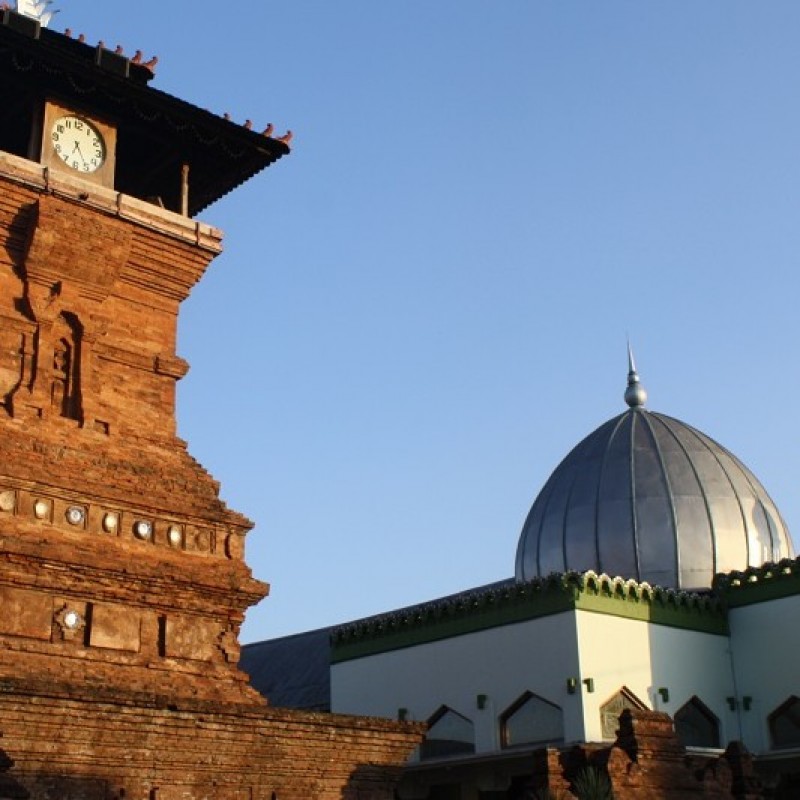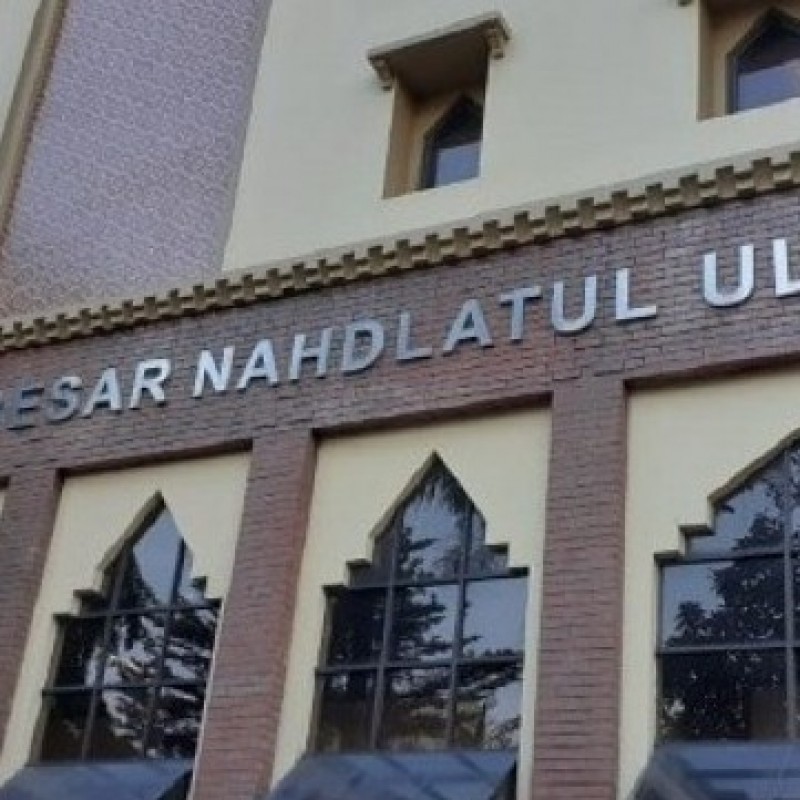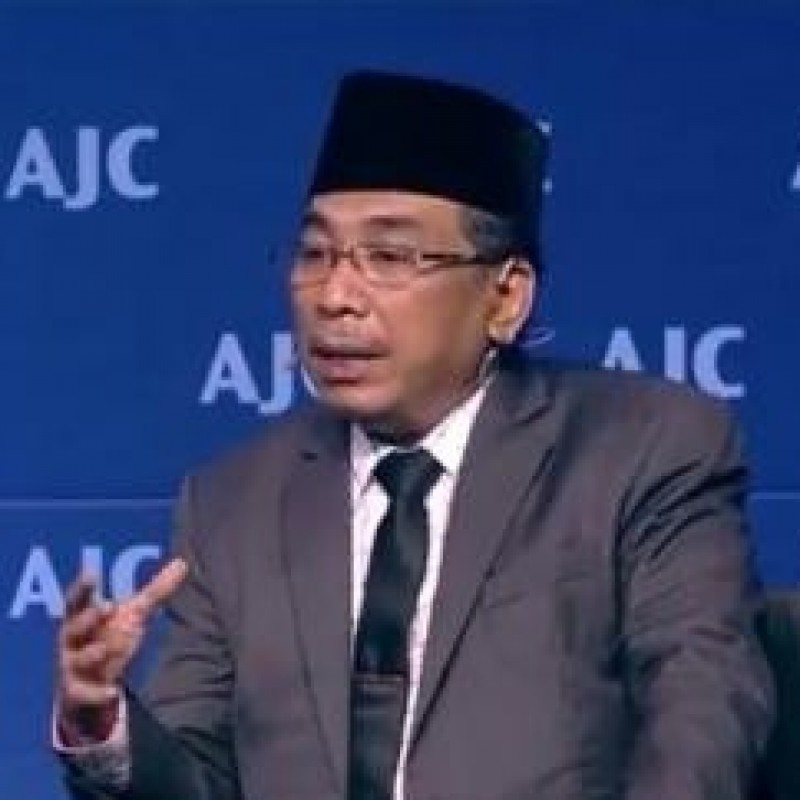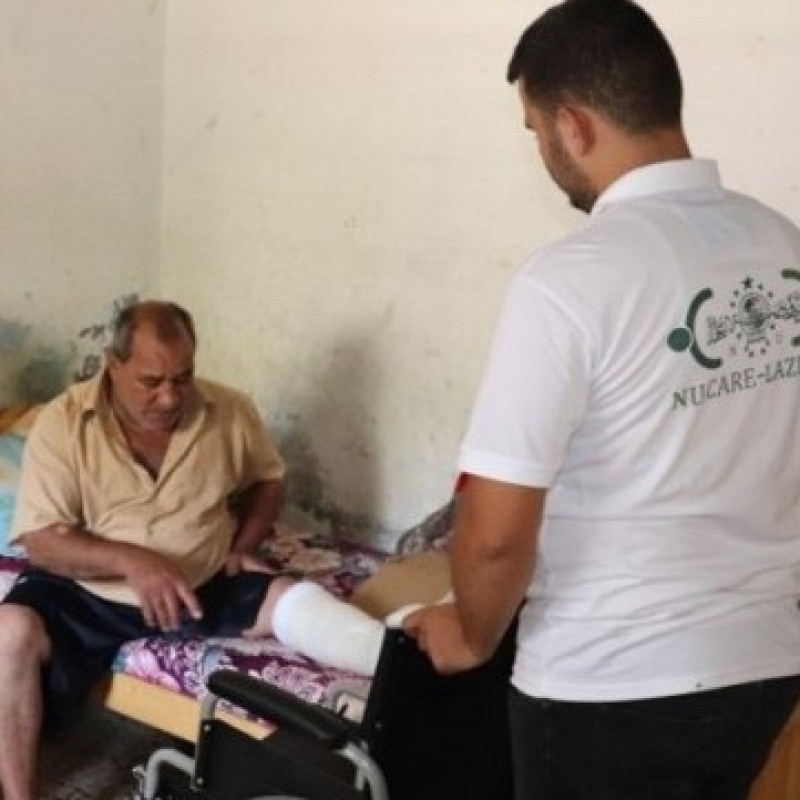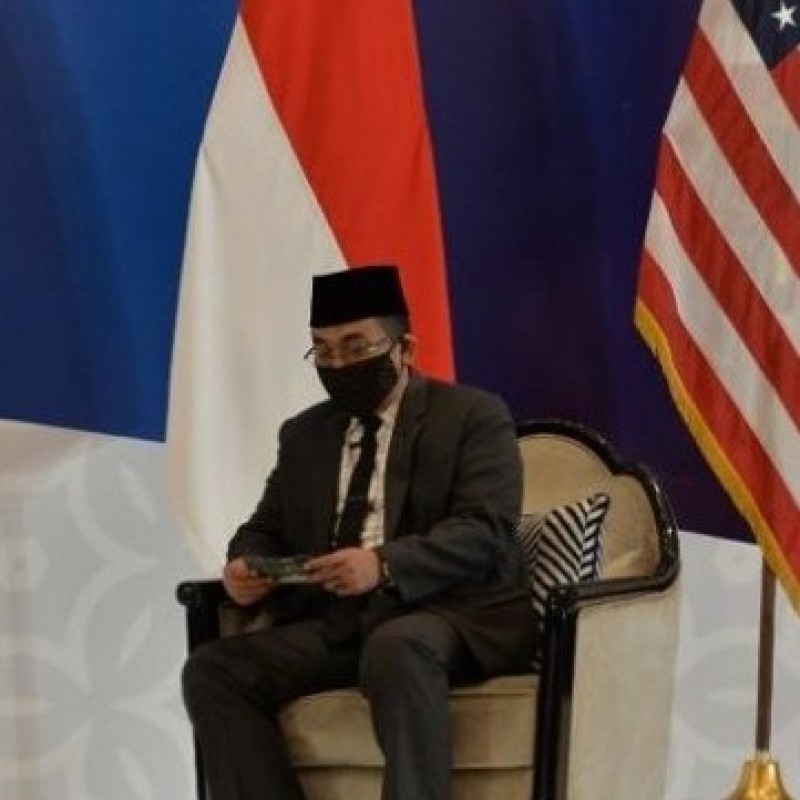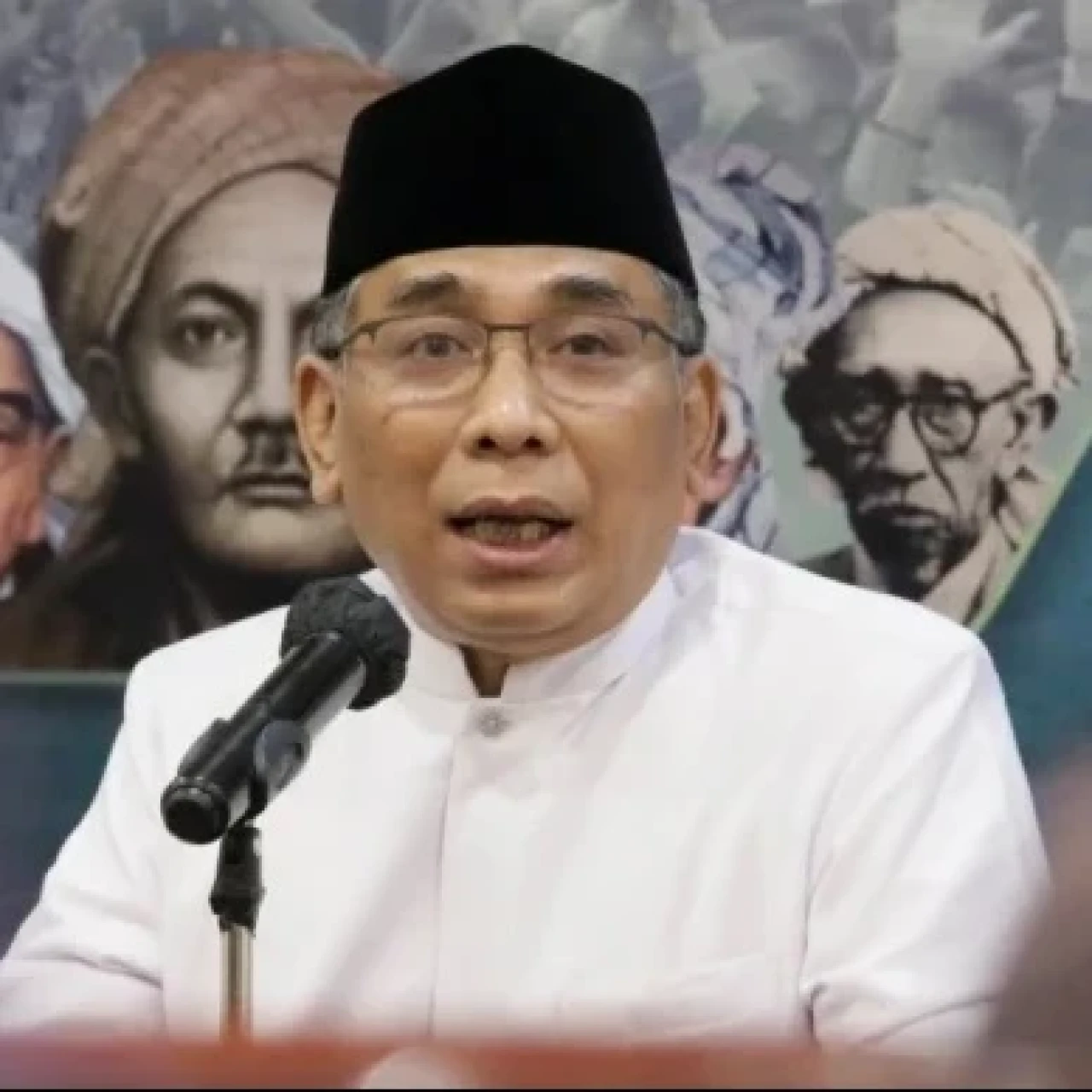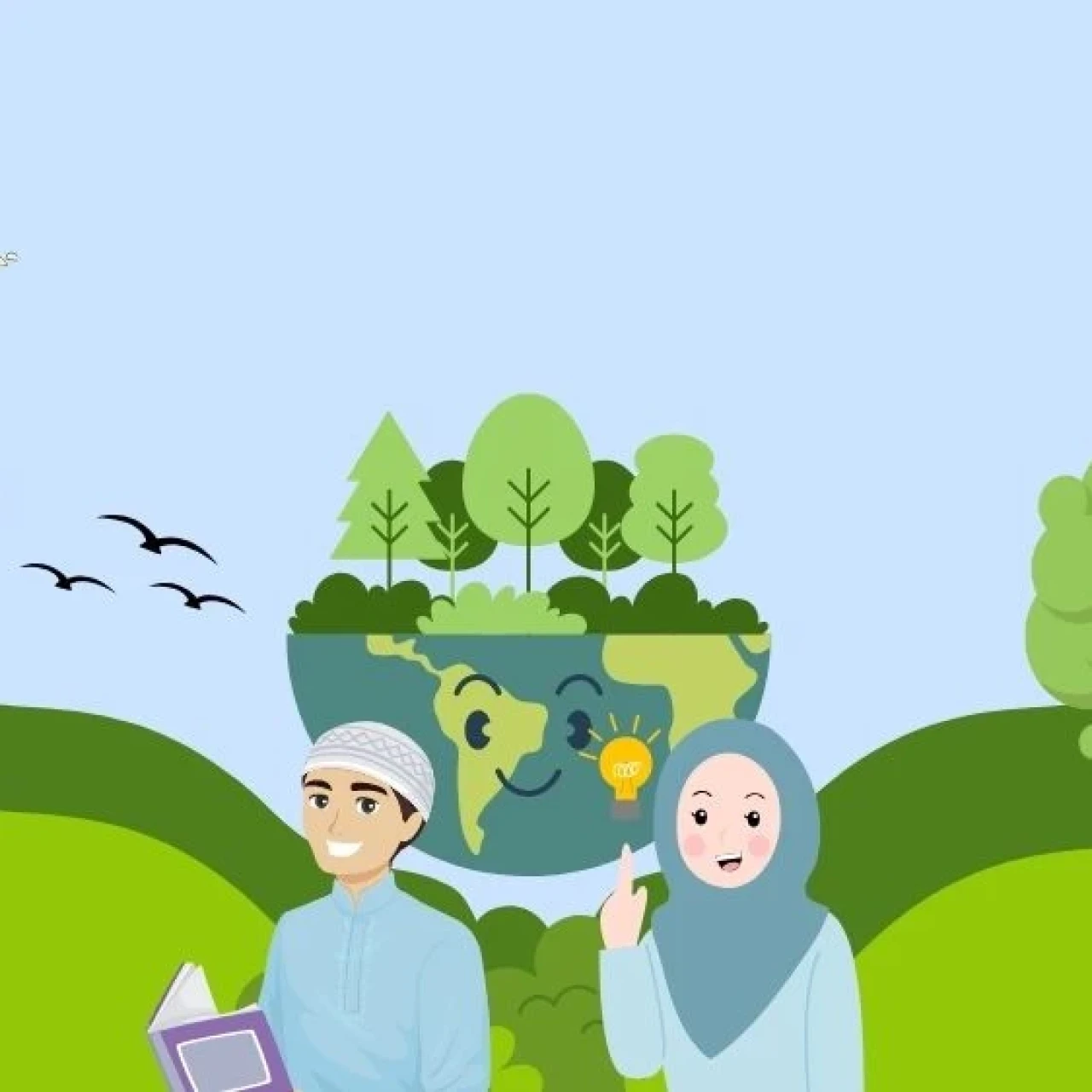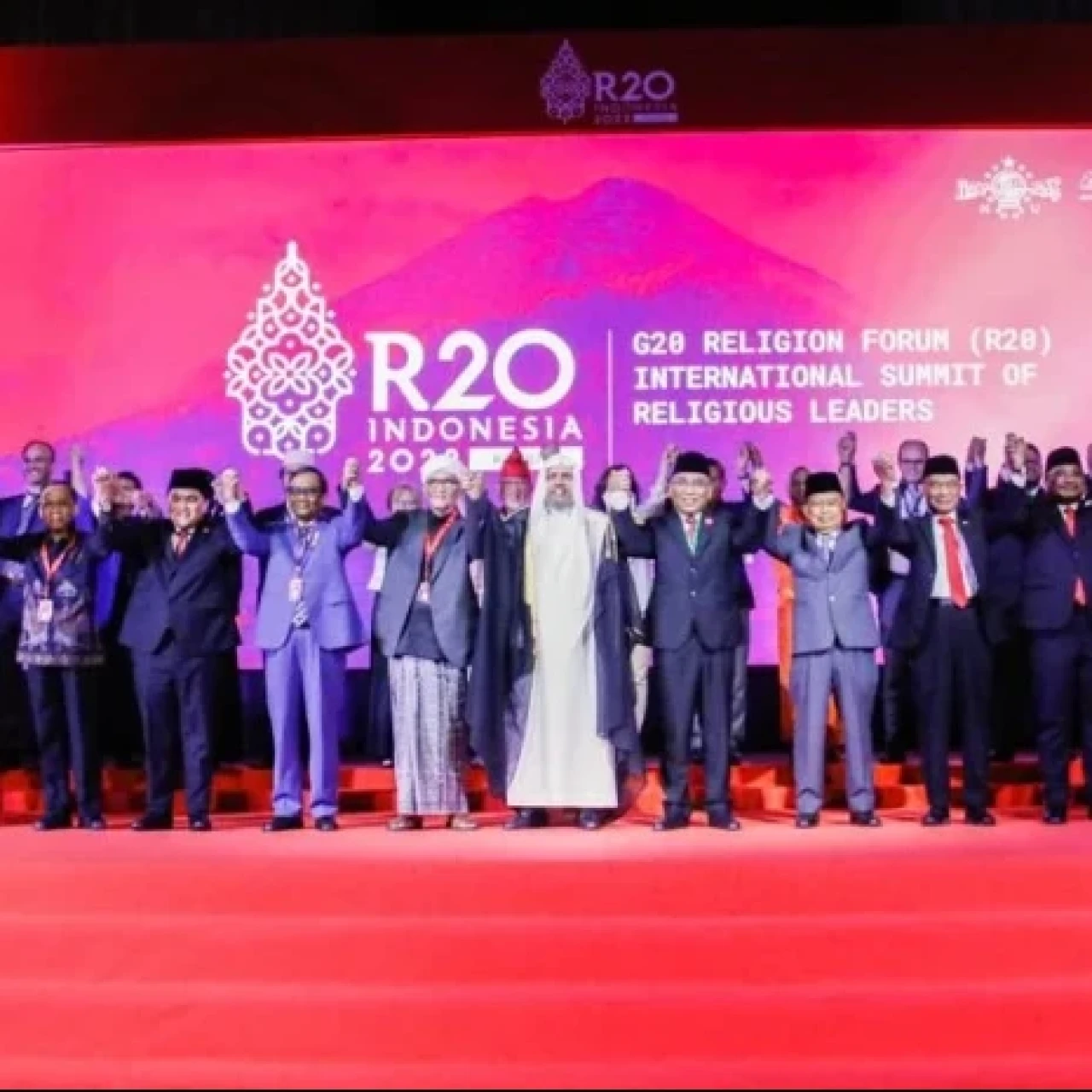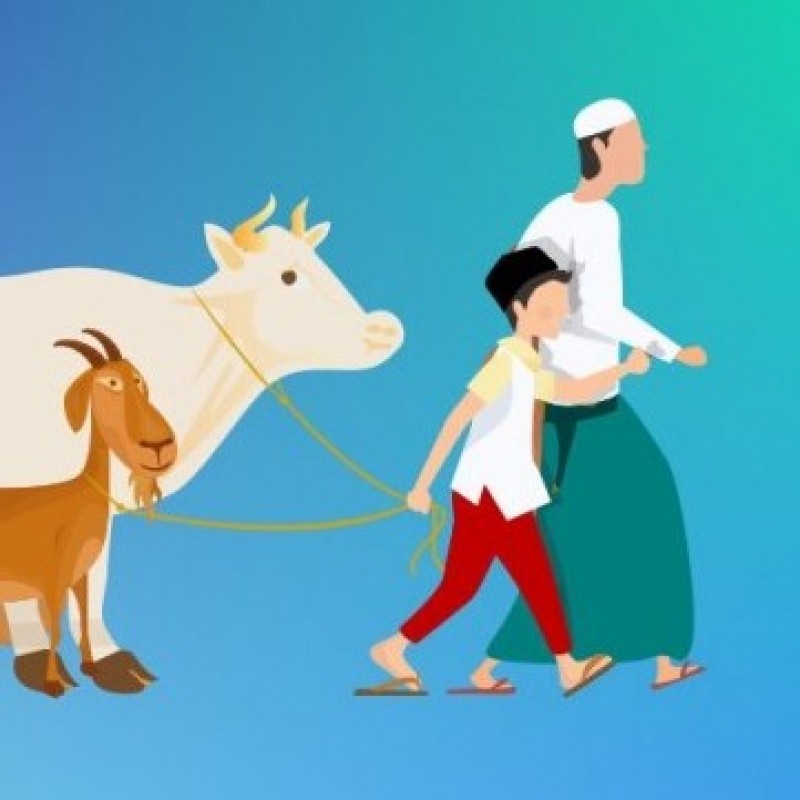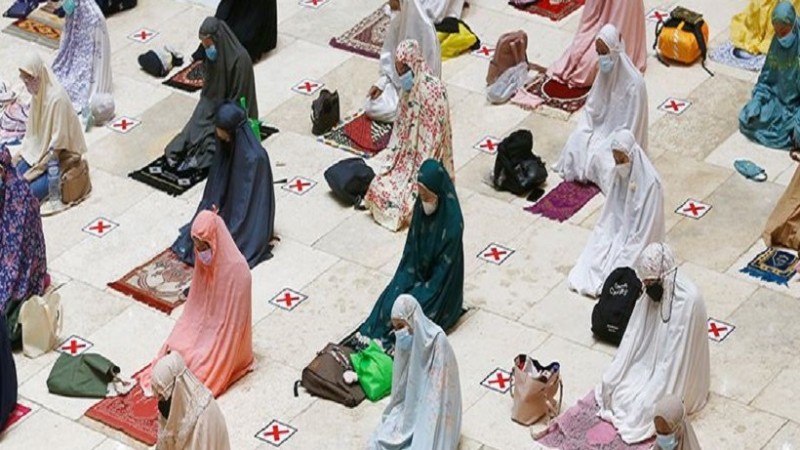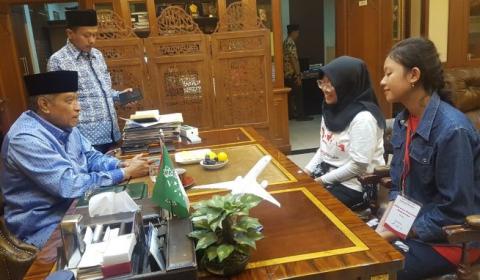The role of religion in global politics is taken into account because it is a source of power that can bring peace or even the axis of conflict. However, the space for peace initiated by religions and their groups has a broader influence if the religious authorities are able to translate the teachings in it as a source of peace, unity, and brotherhood among fellow believers and other religious communities, without sacrificing their respective beliefs.
Within Islam itself, the two primary sources of law, namely the Qur'an and Hadith, clearly stimulate people to be involved in humanitarian action. Even substantial assistance such as zakat, infaq, and alms all become rituals and obligations and makes Islam attached to the idea of humanity.
On the other hand, as al-jam'iyyah al-dîniyyah al-`ijtimâ’iyyah (religious and community organizations), Nahdlatul Ulama (NU) was founded based on religious motives and principles and ideals, namely 'izz al-`islâm wa al-muslimîn (the nobility of Islam and the Muslims) towards rahmah li al-‘âlamîn (being a blessing for all of nature).
The implication is that all attitudes, behavior, and characters are always adjusted and measured by the norms of law and Islamic teachings. The Islamic teachings carried out are the teachings of `ahl as-sunnah wa al-jamâ’ah (sunnî) with several basic principles such as tasâmuh (tolerance), tawâzun (balance), `i'tidâl/tawassuth (moderation), and tasyâwur (consult) according to the basic principles set out in the Qur'an.
The meaning of tawassuth is a religious attitude that is not trapped towards things of an extreme nature. Al-Qur'an surah al-Baqarah verse 143, which is the basis for stating, "And thus We have made you a median [i.e., just] community that you will be witnesses over the people and the Messenger will be a witness over you." The choice of this attitude of tawassuth is based on NU's ability to discover the substantive values of Islam by practicing Islamic teachings that are contextual to the times and needs of the ummah.
Meanwhile, tasâmuh is essentially a religious and social attitude that accepts life as something plural and hydrogen. This means an attitude that respects differences and respects people who have different life principles. For tawâzun itself is a balance of religious and social attitudes that are willing to take various points of view into account and then take a balanced and proportional position.
The meaning comes from the 25th verse from Surat al- Hadid, Allah Almighty said, "We have already sent Our messengers with clear evidence and sent down with them the Scripture and the balance that the people may maintain [their affairs] injustice." So that if someone has practiced tasâmuh and tawâzun in his conscious life, he will be motivated to do tasyâwur, which is to carry out dialogue in every problem-solving.
I'tidal is a fair attitude or upright concerning cognitive truth, which can be interpreted as consistency in upholding religious truth through the correct methodology. As stated in Surat al Maidah verse 8, "O you who have believed, be persistently standing firm for Allah, witnesses in justice, and do not let the hatred of a people prevent you from being just. Be just; that is nearer to righteousness. And fear Allah; indeed, Allah is [fully] Aware of what you do."
Furthermore, what is the interpretation of these principles in a humanitarian context? In As'ad Said Ali's narrative, it is stated that the principles just now are essentially operational values that embody the great mission of Islam as rahmah li al-‘âlamîn. More so, according to him, with that principle, the Islamic movement is not limited to its own community. On the contrary, the perfection of Islam is visible because it could embrace all problems that are beyond its own limits. It is a paradigm of Islamic struggle for the nation's progress, for the good of society, and for the common benefit. With all these paradigms, this is the biggest modality to solve problems.
The implication for plural social relations is that the attitude developed is tolerance to different groups and views that inter-group interactions must be based on mutual respect. The social behavior of NU members is to uphold Islamic norms by prioritizing common interests, upholding brotherhood, work values and achievements, and knowledge. And in the political sphere upholding democratic values, being constitutional, and enforcing the law. Whereas in the field of culture, having a proportional-normative attitude, namely responding to a culture based on legal values and religious teachings and not being a priori to culture.
NU's understanding of the essence and substance of religion and its mastery of the horizons of various schools of thought in Islam gave them a broad perspective and behavior. As quoted from Ra`îs' Âm (The Superior General) of NU, KH Sahal Mahfudz, NU has the character of elasticity and flexibility. Among them, their understanding of jurisprudence is knowledge of Islamic law that undergoes the `ijtihâdî process (human thought and interpretation of text). So that the understanding that construction religious teachings through contextual and adaptive fiqh will allow it to change the elastic results of `ijtihâd, if existing fiqh texts are, for example, irrelevant or do not lead to justice.
Then what are the basic principles of NU in international relations? Then these principles become the inspiration for the realization of moderate Islam and peace, which is certainly in line with humanitarian principles.
In NU's view, the universal ideals of Islam itself can be summarized in the al-maqâshid asy-syarî’ah (goals of Islamic legal doctrine), namely hifzh ad-dîn (maintaining religion), hifzh al-‘aql (maintaining freedom of thought), hifzh al-mâl (maintaining property), hifzh an-nafs (maintaining the right to life), and hifzh an-nasb (maintain the right to develop offspring).
The implication is that every period is demanded to have a high sensitivity towards humanity. One of the frequently quoted sayings of the Prophet related to this human value is `unshur `akhâka zhâliman `aw mazhlûman (help your brother whether he commits injustice or when he is wronged). This also serves as a theological foundation that is not only devoted among Muslims, but also in line with the principle of impartiality, namely carrying out humanitarian action without discrimination against any identity. As for the verse of the Al-Qur'an that is often associated with this is Surah al-Hujurat 13, that God made humans from male and female and made humans as nationalities and tribes to know each other.
According to KH. Hasyim Muzadi (Fourth Chief Executive of Nahdlatul Ulama, 1999-2010), those principles have also become a distinctive social character as well as NU's capital in interacting with the broader community. As such, it will play a very important role in building `ukhuwwah `islâmiyyah (brotherhood of fellow Muslims) and `ukhuwwah wathaniyyah (brotherhood of fellow citizens of the nation) so that they can go hand in hand to maintain harmony between religious communities, as well as `ukhuwwah `insâniyyah/basyariyyah (brotherhood of fellow human beings).
At this point, it is clear how the value of humanity occupies a very central position as an inseparable part of the religious attitude of a Muslim. At the global level, this modality also makes NU a national ambassador in introducing teachings of Islam rahmah li al-‘âlamîn to various parts of the world.
In the end, the participation of private group diplomacy such as religious organizations is increasingly needed for world peace. Meanwhile, for NU, it is a diplomatic mission that is soft power with the ultimate goal of world peace. There are at least four things that prompted NU to choose this route in international relations. First, there is encouragement from religious teachings so that there is a moral obligation to carry it out. In the context of NU, this is formulated in the great mission carried by all Muslims, namely to bring Islam as a blessing for all nature. This mission does not lead to conflict but rather to peace, social justice and reconciliation.
Second, the mission is derived into several operational principles in social relations such as tolerance (tasâmuh), moderate (tawassuth), fairness and consistency (`i'tidâl), balance (tawâzun), and deliberation. Third, humanitarian diplomacy is in line with the concept of brotherhood among Muslims (`ukhuwwah Islamiyah), fellow citizens (`ukhuwwah wathaniyyah), and fellow human beings (`ukhuwwah basyariyyah). Fourth, it is also in line with the religious teachings of hifzh ad-dîn (maintaining religion), hifzh al-‘aql (maintaining freedom of thought), hifzh al-mâl (maintaining property), hifzh an-nafs (maintaining the right to life), and hifzh nasb (maintaining the right to develop offspring).
Based on the four components that inspired the NU, the strategies implemented include the shuttle diplomacy pattern which is carried out in turns and sequentially to meet the conflicting parties; approach to religious leaders with the modalities of the closeness of the relationship and trust they have; promote dialogue; encouraging legal and institutional approaches as conflict resolution; to campaigning for the face of Islam rahmah li al-‘âlamîn.
In general, NU's contribution in the context of international peace and security cannot be underestimated because diplomacy by the state will almost certainly find it difficult to penetrate the private spaces of religious adherents and leaders who are in conflict with other groups. So it is the approach of religious leaders that can often help to explain it. In the end, what NU leaders have attempted to play a significant role in solving problems in the Muslim world and internationally, including in bridging the Islam-West gap, will be realized. Wallâh `a’lam bi haqîqatil hâl.
Ahmad Ilham Zamzami, Study-Director of Said Aqiel Siradj (SAS) Center, Management Member of NU Egypt Special Branch
Terpopuler
1
Khutbah Jumat: Ramadhan dan Kesempatan yang Tidak Selalu Terulang
2
Innalillah, Ulama Mazhab Syafii asal Suriah Syekh Hasan Hitou Wafat dalam Usia 83 Tahun
3
Khutbah Jumat: Ramadhan, Melatih Sabar, Memperkuat Syukur
4
Kultum Ramadhan: Lebih Baik Sedikit tapi Istiqamah
5
Keluar Mani yang Tidak dan Membatalkan Puasa
6
Khutbah Jumat: Tiga Kebahagiaan Orang Puasa
Terkini
Lihat Semua




